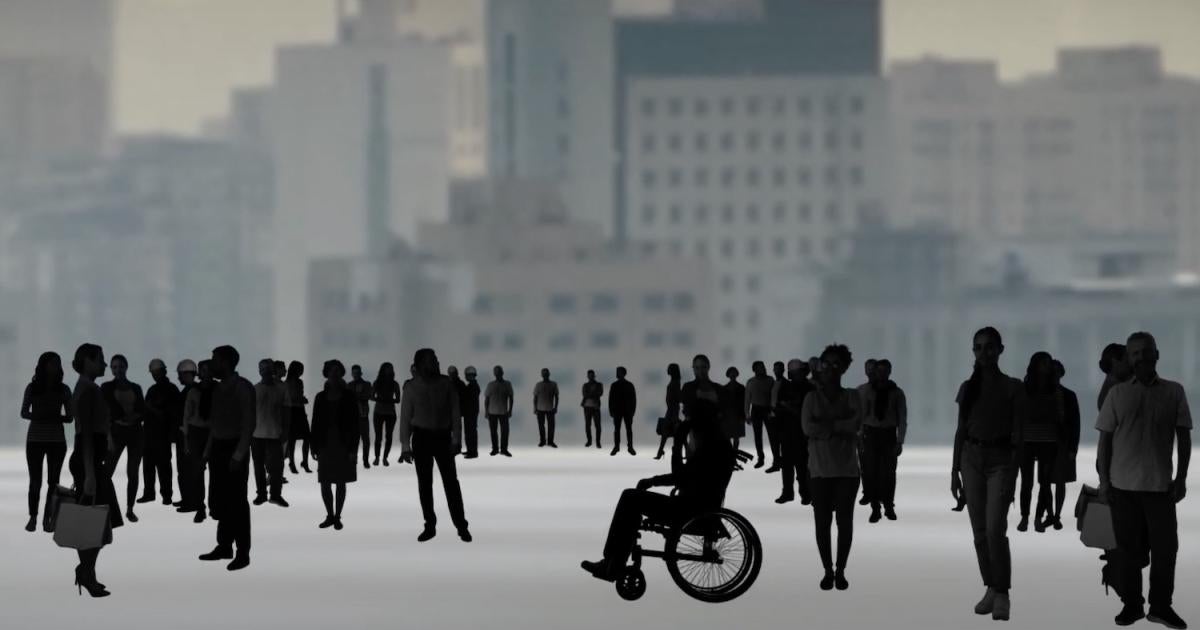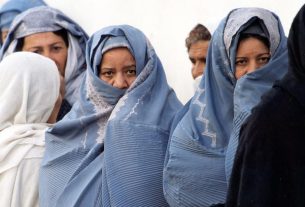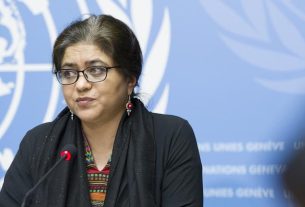As protestors voice their anger against inequality and the rising cost of living in Argentina, Pakistan, Nigeria, and elsewhere, it is crucial to recognize and embrace a human right that forms the bedrock of just and peaceful societies: the right to social security.
To mark its relevance, Human Rights Watch has launched a webpage on social security and a video explaining its transformative potential. The video shows how social security can shield individuals from economic insecurity associated with changes and risks people face in their lives, whether during old age, unemployment, sickness, or caring for loved ones.
By tracing the lives of Sara and Adam, who grew up in countries with vastly different social security systems, the video illustrates how the absence of social security can plunge families into financial hardship. It can even lead to child labor and indebtedness.
In the coming weeks leading up to historical annual meetings of the International Monetary Fund (IMF) and the World Bank taking place in Morocco this October, we will collaborate with partners to advocate for universal social security that enables every individual to realize their rights.
This vision stands in contrast to the approach practiced by the IMF and the World Bank, which wield significant influence in shaping social protection in middle- and low-income countries. Their strategy employs means-testing to access social security as a charity tool for the “poor and vulnerable,” rather than treating it as a right. Unfortunately, this strategy is failing due to limited coverage, high error rates, stigmatization, and mismanagement of funds. It undermines the potential social security holds to foster trust in governments and strengthen the social bonds that hold our communities together. This approach ultimately falls short of achieving universality, a fundamental element of the right to social security enshrined in international human rights law.
Universal social security should not remain a lofty aspiration followed by lackluster implementation. That is why the IMF and the World Bank should change course. Universal systems financed through progressive tax systems can improve the lives of millions and play a key role in addressing the burgeoning inequality dividing societies. Together, we can initiate change and build an environmentally and economically just future anchored in human rights.



